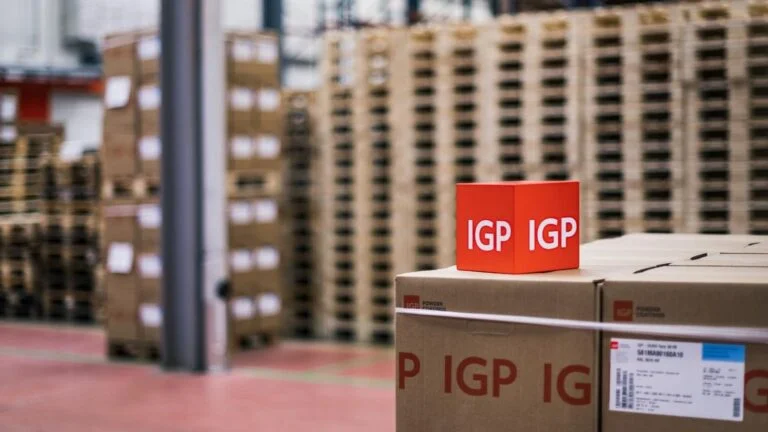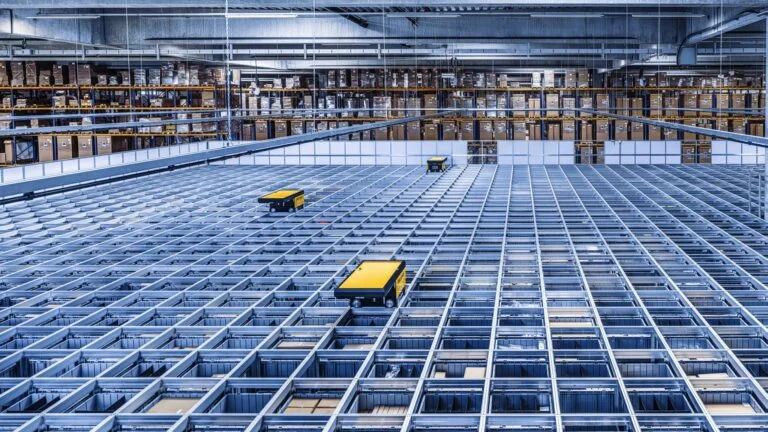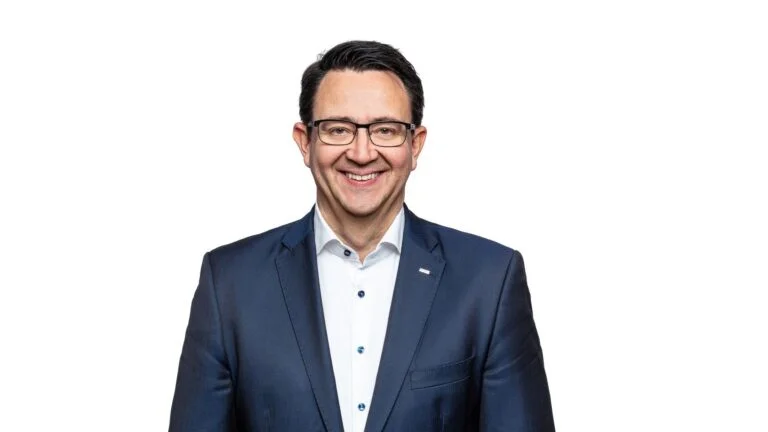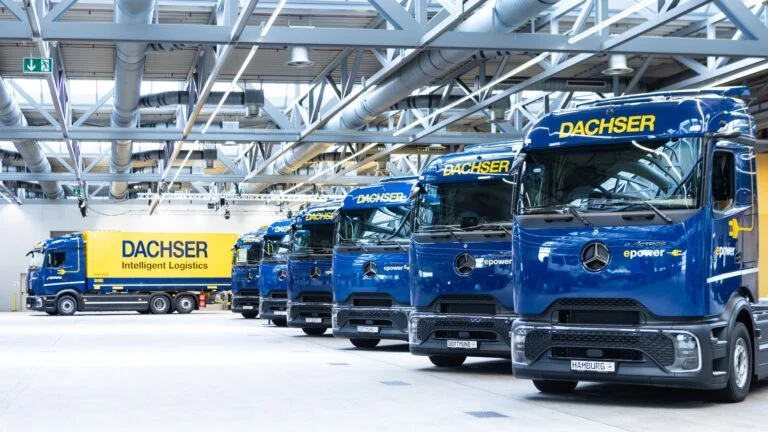Sustainable Fuel Service: Targeted reduction of emissions in air and sea freight
By Christian Auchter
I 3 minute read
25/09/2025
The decarbonization of air and sea freight is a key challenge for the logistics industry. With its Sustainable Fuel Service, DACHSER offers a way to specifically reduce greenhouse gas emissions in international freight transport.
Quick Read
Sustainable Aviation Fuels (SAF) and Sustainable Maritime Fuels (SMF) are considered essential bridging technologies on the road to more climate-friendly transport. They are based on residual and waste materials such as used cooking oils or animal fats and can partially replace fossil fuels. Depending on the manufacturing process, SAF can reduce CO₂ emissions by up to 80 percent compared to conventional jet fuel.
Book & Claim: Flexible allocation regardless of the mode of transport
Since SAF and SMF are not available everywhere, DACHSER relies on the Book & Claim procedure. This decouples the emission reduction from the physical transport: Customers book the service and receive independently verified proof of the amount of CO₂ saved. This allows sustainable fuels to be used where they are available and gives companies elsewhere the opportunity to finance and offset emission reductions without their own shipments being transported in a low-emission manner. At the same time, transparent documentation of the climate impact is guaranteed. DACHSER also relies exclusively on sustainable fuels from residual and waste materials.
DACHSER Air & Sea Logistics customers can easily add the Sustainable Fuels option. Your local contact person will be happy to answer any questions you may have.
Verified methodology and transparent results
In the period 2023–2024, DACHSER avoided a total of 4,488 tons of CO₂ through the use of SAF and SMF. This corresponds to the emissions from the conventional transport of over 4,300 sea freight containers on the Rotterdam-Shanghai route or more than 2,100 air freight shipments between Frankfurt and Chicago.
The methodology for recording and verifying emission savings has been audited by the independent auditing company NORMEC VERIFAVIA. It complies with the standards of the Smart Freight Centers, including the GLEC-Framework and the MBM framework.
In a nutshell: How does Book & Claim work?
Find out exactly what the Book & Claim process entails in this clearly explained video.






